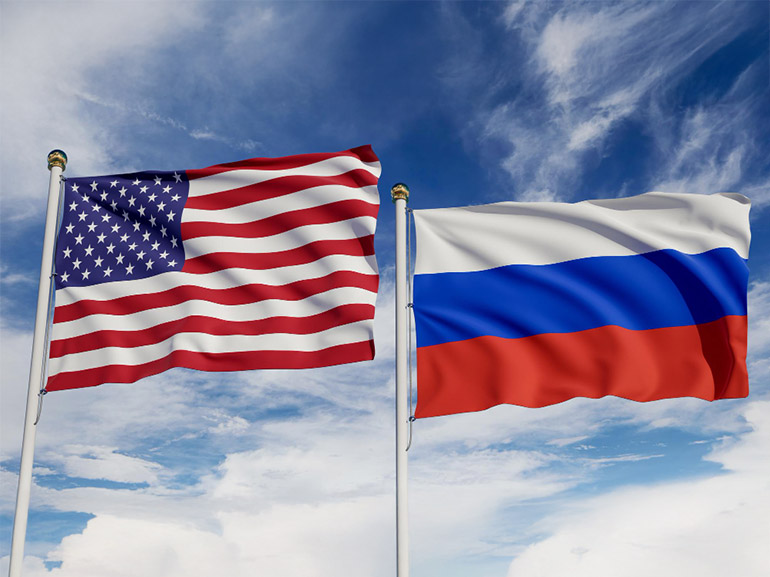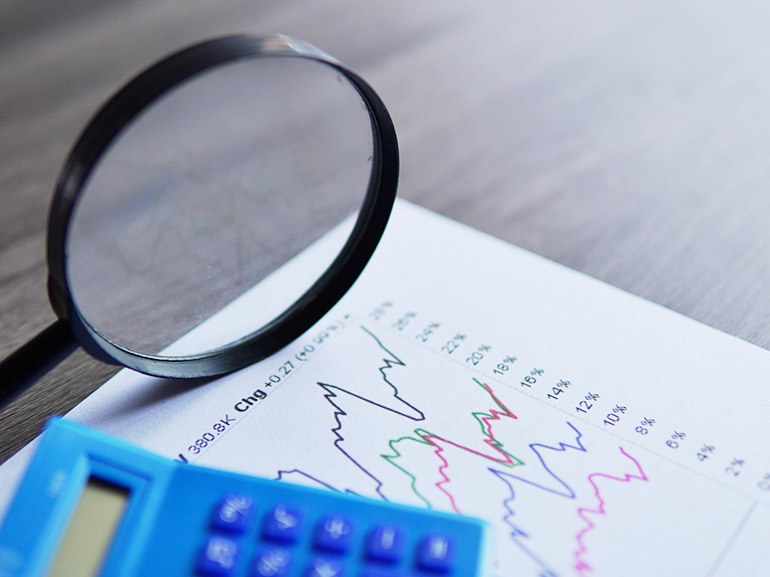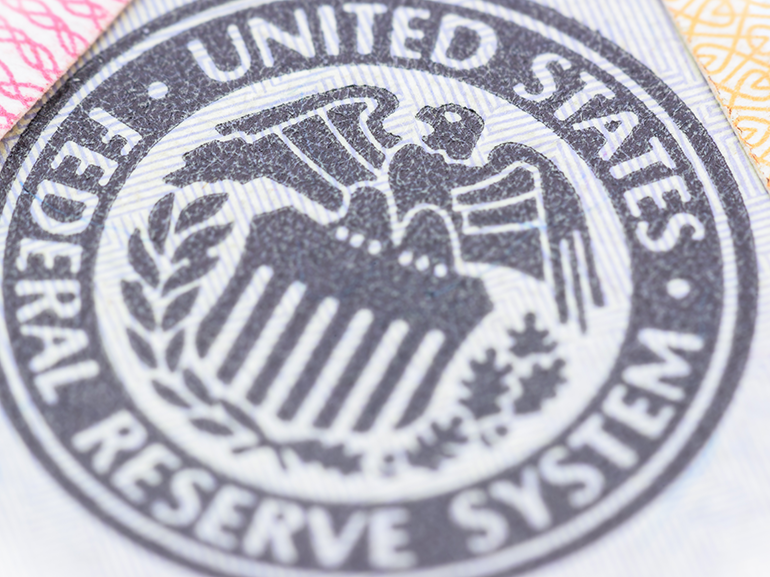Defence Stocks Explained: What Are Defence Stocks?
The defence sector always makes the headlines when geopolitical tensions arise, leading to regional wars that increase the demand for military and defence systems or services.
In this article, we’ll explore defence stocks and why they can be important to traders and investors.

TL;DR
Defence stocks are shares in companies supplying military equipment and technology.
Key drivers of defence stock prices include geopolitical tensions, government spending, and tech innovation.
Top examples of defence stocks include Lockheed Martin, Boeing, RTX, and Northrop Grumman.
You can trade defence stocks via Plus500 using CFDs with risk management tools.
What Is a Defence Stock?
Defence stocks refer to companies' shares in the production, supply, or maintenance of equipment, technology, and systems utilised by military and defence organisations. These firms play a vital role in national security, offering various products including weapons, ammunition, armoured vehicles, fighter aircraft, submarines, electronic warfare systems, and cybersecurity solutions. (Source: Forbes)
Characteristics of Defence Stocks
Government as Primary Client: Defence companies derive most of their income from government contracts and military expenditure, resulting in relatively stable revenues less influenced by consumer demand.
Geopolitical Sensitivity: Defence stocks tend to perform strongly during increased geopolitical tension or rising defence budgets, as governments boost military spending in response to perceived security threats.
Diversification and Stability: The defence sector can enhance portfolio diversification and is generally regarded as more stable than many other industries, particularly during periods of global uncertainty.
Regulation and Barriers to Entry: This sector is subject to stringent regulations and compliance standards, with high barriers to entry that restrict competition. These factors often secure long-term contracts for well-established firms.
Types of Defence Companies
Weapons Manufacturers: Engage in the production of arms, ammunition, missiles, explosives, and military vehicles.
Aerospace & Aviation: Design and manufacture fighter aircraft, helicopters, unmanned aerial vehicles (drones), and associated components.
Dual-Use Technology Providers: Develop electronic systems and technologies that serve both military and civilian applications.
Top Defence Stocks
Some popular examples of defence stocks include the following:
What Shifts Defence Stocks Prices
Geopolitical Tensions and Conflicts: Increases in military conflicts, border disputes, or international tensions typically drive up demand for defence equipment and services. This often leads to higher government spending and rising share prices for defence companies.
Government Defence Budgets and Contracts: Announcements of larger defence budgets, new military contracts, or changes to procurement policies directly affect the revenue and profitability of defence firms, thereby influencing their share performance.
Policy Changes and Political Shifts: Elections or changes in political leadership can affect defence strategy and funding. New administrations may choose to expand or reduce military expenditures, which can impact the valuation of defence stocks.
Technological Advancements: Breakthroughs in technologies such as drones, artificial intelligence, cybersecurity, and next-generation weaponry can open up significant growth opportunities for innovative defence companies, often leading to increased investor interest and rising share prices.
Global Security Threats: Heightened threats from terrorism, cyberattacks, or regional instability tend to prompt governments to boost security and military budgets, providing a tailwind for defence-related stocks.
Economic Conditions: Broader economic indicators such as interest rates, inflation, or periods of economic slowdown indirectly influence defence shares, affecting government fiscal capacity and overall investor sentiment.
Supply Chain Stability and Investor Sentiment: Disruptions in global supply chains or fluctuations in market confidence can affect a company's ability to meet contractual obligations, impacting stock prices.
Industry News and Events: Developments such as mergers and acquisitions, new product launches, or the securing or losing of major contracts can trigger short-term movements in defence stocks as investors respond to fresh market information.
How to Trade Defence Share CFDs with Plus500
To trade defence share CFDs on Plus500, begin by logging into your account and searching for instruments such as Lockheed Martin (LMT), Boeing (BA), or Rheinmetall (RHM.DE). After selecting, you may open a position using Contracts for Difference (CFDs), enabling you to speculate on price movements without owning the underlying shares. Click ‘Buy’ if you expect the share price to rise or ‘Sell’ if you anticipate a decline.
Plus500 allows you to manage your trades with risk control tools such as stop-loss and take-profit orders, which can be set directly within the platform. This type of trading is leveraged to increase your market exposure; however, it is essential to note that leverage also amplifies risk. The platform offers access to a broad selection of global defence share CFDs and tools designed to support flexible and secure trading.
Conclusion
Defence stocks can offer unique opportunities for traders and investors, particularly during times of geopolitical uncertainty. With stable government-backed revenues, strong performance during global tensions, and high barriers to entry, the sector presents a compelling case for portfolio diversification. Whether through weapons manufacturing, aerospace, or dual-use technologies, defence companies play a crucial role in national and global security, making them an important asset class to watch.
Ready to trade defence share CFDs with Plus500? Start here.
FAQs:
Why do defence stocks rise during conflicts?
Increased geopolitical tensions and wars often lead to higher military spending, boosting demand for defence companies' products and services.
Are defence stocks a safe investment?
They offer relative stability due to government contracts but are still subject to geopolitical and economic risks.
How can I trade defence share CFDs on Plus500?
Create an account, search for the stock, and use CFDs to speculate on price movements. Tools like stop-loss and leverage are available.
What are CFDs in defence share trading?
Contracts for Difference allow traders to speculate on stock price movements without owning the actual shares.
*Past performance does not reflect future results.






